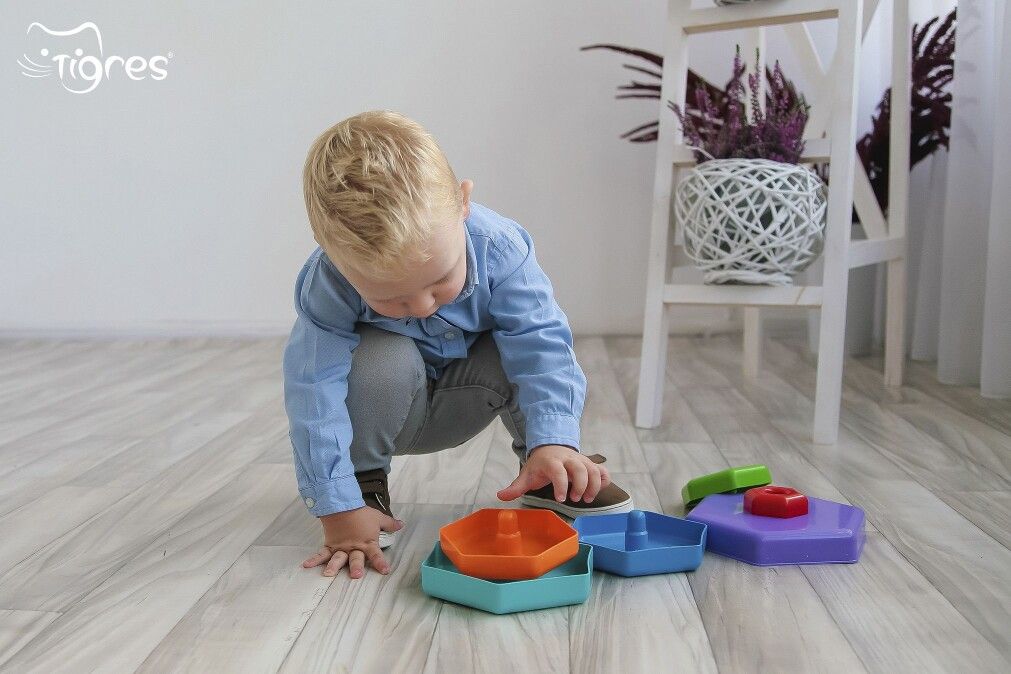
Mistakes and failures are useful for the development of the child
How to teach your baby to respond to mistakes and failures in a proper way
The kid is growing and developing, exploring the world around. He (she) begins to take the first steps, to independently make a stacking toy and to drink from the cup. Maybe the child is already writing the first letters. Of course, from the first time the child is not able to do everything correctly. The kid is in despair, he (she) is throwing the toy or crumpling the copy-book and bursting into tears. The future self-esteem of the child, the strategy of behavior and self-confidence depend on how adults react to the situation.
The baby cannot independently piece together a jigsaw puzzle or a meccano, scatters all the details, refuses help and goes into hysterics. Psychologists explain that frustration is the cause of bad mood after mistakes. This is a state of depression and the inability to get what you want immediately.
The child withdraws into himself/herself, refuses new attempts, is afraid to repeat the mistake again. In such a situation, it is worth reminding yourself and the child that thanks to failures we gain invaluable experience that helps us to develop.
Do not rush to help the baby to make the meccano or to do homework. Let the child make mistakes, because mistakes and failures:
- Strengthen the neural connections that are needed for further studying and development
- Help to find a solution on their own, develop creativity
- Develop self-confidence, ability to resist difficulties and criticism
- In order to help your baby to cope with the fear of mistakes and failures:
- Do not try to support the child at every step.
- If the baby falls, let him/her independently stand on his/her own feet.
- When the child begins to piece together a jigsaw puzzle, a stacking toy or a meccano, let him/her to figure it out himself/herself.
- Wait until the baby asks for help, but do not do it yourself, just give a clue.
- If the child breaks the cup or turns over the plate do not scold the child and in no case shout at him/her. Clean everything and calmly explain that everything can be fixed and started again.
- Teach your baby to acknowledge the mistakes and seek forgiveness… Help to turn the emotions into words, let the child tell everything that excites him/her and what he/she is feeling. Talk about your childhood and your failures. Remind about the victories. Praise for achievements. Motivate!
Mistakes and failures play an important role in the development of the child. The task of the parents is to help the baby turn them into victories!